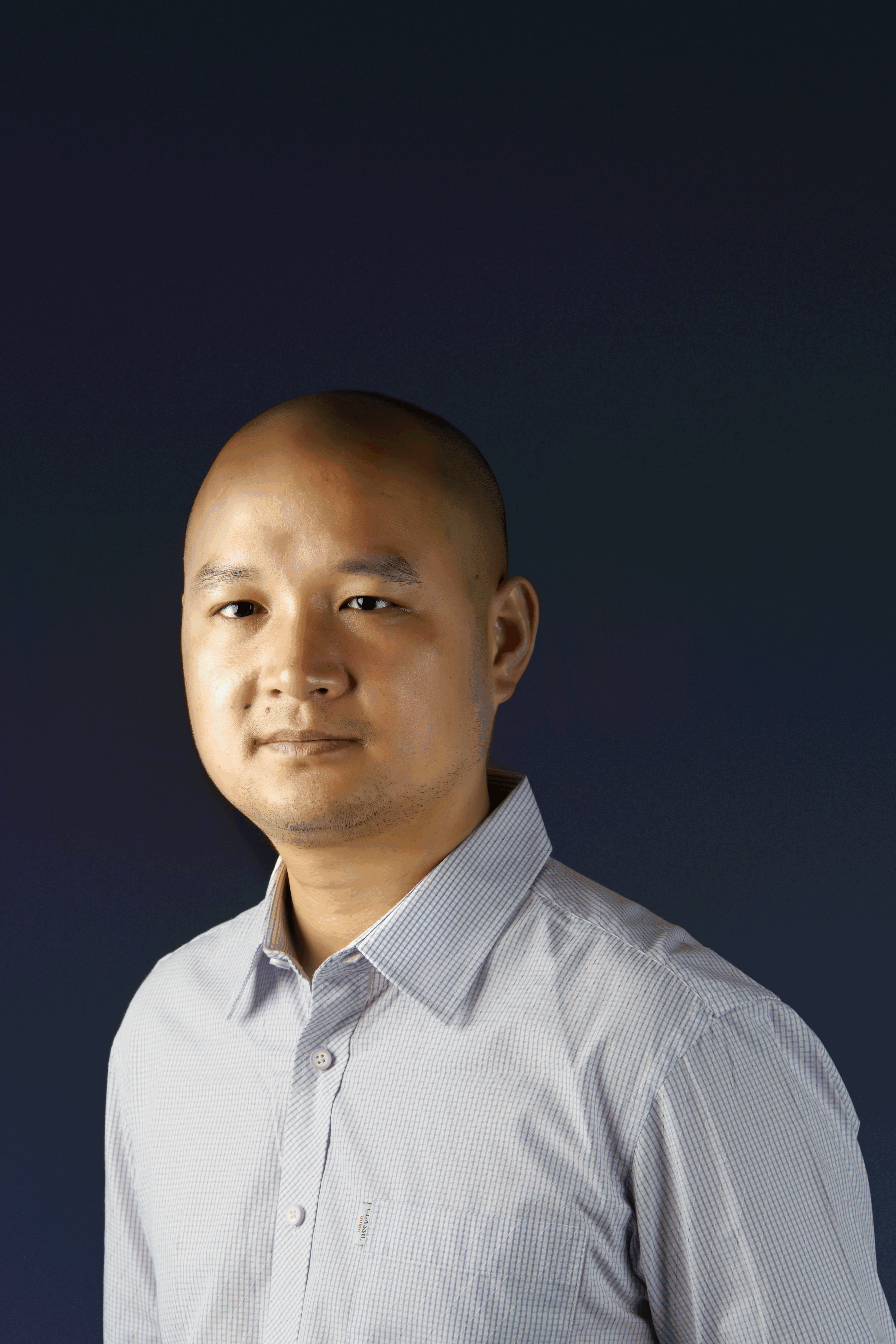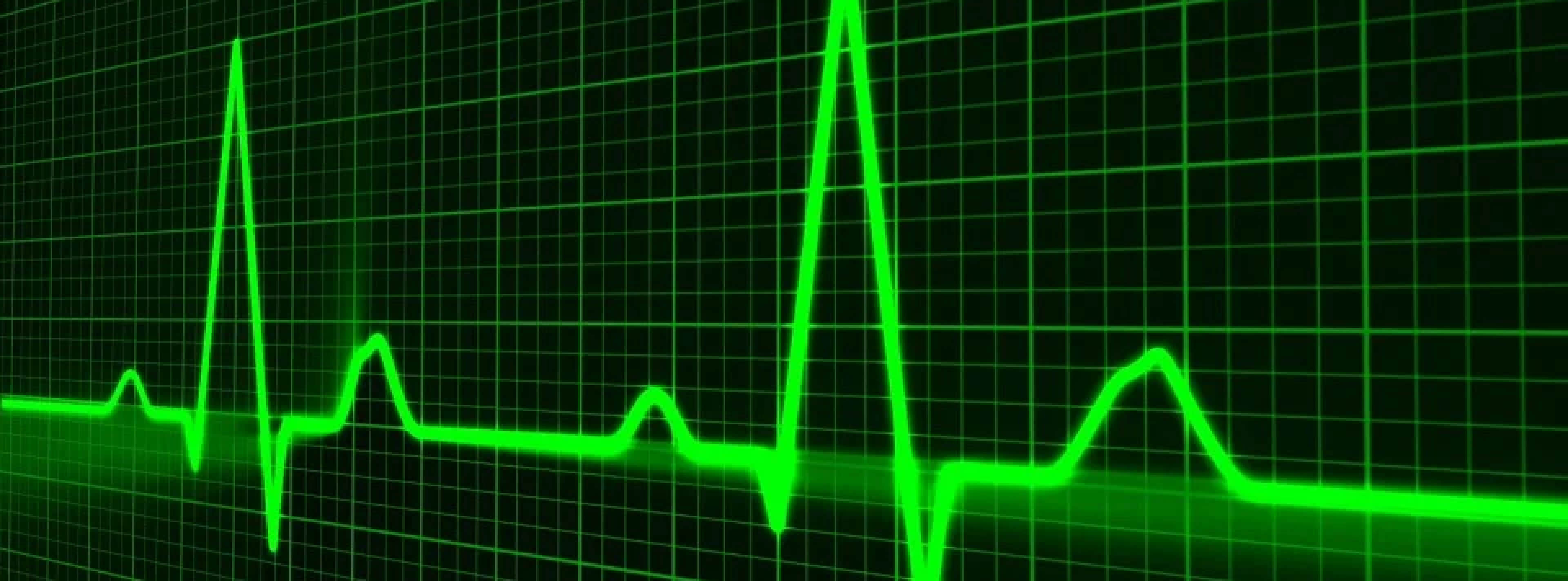
Dr. Zhan joined the University of Science and Technology of China in 2021. He has published more than ten research papers as the corresponding author in multiple decent journals including Cell,Nature neuroscience, Neuron, Current Biology, and PNAS, with over 2500 citations and an h-index of 19. The most cited paper has over 500 citations (Google Scholar). Dr. Zhan is members of the Youth Working Committee and Autonomic Nervous System Branch of the Chinese Physiological Society, and the Stress Neuroscience Branch of the Chinese Society for Neuroscience.
Research Interests
The brain is the command center of the body, playing a dominant role in regulating organ activities and various physiological functions. My laboratory's research focuses mainly on brain-body interactions, particularly interested in how the brain perceives the body's energy status and subsequently regulates feeding behavior, energy homeostasis, and immune function. We conduct research starting from a holistic perspective of systems neuroscience, based on the original discoveries of our laboratory, to reveal the neuro-metabolic-immune interaction mechanisms. Additionally, we work closely with clinicians, aiming to apply the holistic perspective of neural regulation to clinical practice, such as the prophylaxis of acute graft-versus-host disease (aGVHD) in hematopoietic stem cell transplantation. Our research directions are mainly summarized as follows:
1) Feedback regulatory mechanisms of neuro-immune-metabolism.
2) Neural regulation of the immune system and its clinical applications for immune-related diseases.
Selected publications (# corresponding author)
1、 Yiwen Hou, Yue Wu, Yang Cao, Xiaoxia Hu, Yuqian Sun Hongmei Wang, Liang Wang, Jialin Zhou, Zhonglin Zhang, Zhiwei Liu, Baolin Tang, Kaidi Song, Guangyu Sun, Wen Gao, Tianqi Zheng, Ping Wu, Weiwei Wu, Dapeng Ju, Xiaoyu Zhu#, Cheng Zhan#. Optimizing Stem Cell Infusion Timing in the Prevention of Acute Graft versus Host Disease. Cell (2025). https://doi.org/10.1016/j.cell.2025.03.022
2、Jiayi Shen, Mengtian Wang, Guodong Pang, Yan Zhang, Jian Zhang, Yuyan Shi, Ji Liu#, and Cheng Zhan#. GLP-1 receptor agonist exendin-4 suppresses food intake by inhibiting hindbrain orexigenic NPY neurons. American Journal of Physiology-Endocrinology and Metabolism (2025). doi.org/10.1152/ajpendo.00528.2024
3、Mingxiu Cheng, Meiqi Wang, Liang Wang, Fangfan Yin, Jiayi Shen, Xin Xing, Yuyan Shi, Zhiwei Liu, Ping Wu, Wenling Gao, Yanyan Fan, Peng Cao, and Cheng Zhan#. Brainstem catecholaminergic neurons induce torpor during fasting by orchestrating cardiovascular and thermoregulation changes. Nature Communications (2025 in press)
4、Yan Zhang, Jiayi Shen, Famin Xie, Zhiwei Liu, Fangfang Yin, Mingxiu Cheng, Liang Wang, Meiting Cai, Herbert Herzog, Ping Wu, Zhi Zhang#, Cheng Zhan#, Tiemin Liu#. Feedforward inhibition of stress by brainstem neuropeptide Y neurons. Nature Communications (2024).
5、Liang Wang, Mingxiu Cheng, Yucheng Wang, Jing Chen, Faming Xie, Li-Hao Huang, Cheng Zhan#. Fasting-activated neurons regulate immune cell homing and suppress autoimmune diseases in mice. Nature Neuroscience (2024).
News and Views, Hunger guides immunity to friend versus foe. N. Or-Geva and L. Steinman, Nature Neuroscience (2024).
6、Jing Cai, Jing Chen, Joshua Ortiz-Guzman, Jessica Huang, Benjamin R Arenkiel, Yuchen Wang, Yan Zhang, Yuyan Shi, Qingchun Tong#, Cheng Zhan#. AgRP neurons are not indispensable for body weight maintenance in adult mice. Cell Reports (2023).
7、Jing Chen, Chunli Li, Zhonghua Lu, Cheng Zhan#. Optimal Timing of a Commonly-Used Rabies Virus for Neural Recording and Manipulation. Neuroscience Bulletin (2022).
8、Jing Chen, Minxiu Cheng, Liang Wang, Lei Zhang, Dan Xu, Peng Cao, Fengchao Wang, Herbert Herzog, Sen Song, Cheng Zhan#. A vagal-NTS neural pathway that stimulates feeding. Current Biology (2020).
9、L. Mei, Y.Fan , M. Wang, X. Lv , C. Zhan#, E. Zhang#. Longitudinal in vivo recording of clock gene transcription in the brains of freely-moving mice. PNAS (2018). Selected for F1000Prime.
10、Z. Zhao, L. Wang, W. Gao, F. Hu, J. Zhang, Y. Ren, R. Lin, Q. Feng, M. Cheng, D. Ju, Q. Chi, D. Wang, S. Song, M. Luo and C. Zhan#. A Central Catecholaminergic Circuit Controls Blood Glucose Levels during Stress. Neuron(2017). Featured Article.
11、D. Wang, X. He, Z. Zhao, Q.Feng, R.Lin, Y. Sun, T. Ding, F. Xu #, M. Luo #, C. Zhan #. Whole-brain mapping of the direct inputs and axonal projections of POMC and AgRP neurons. Frontiers in Neuroanatomy(2015).
12、C. Zhan*#, J. Zhou *, Q. Feng, J. Zhang, S. Lin, J. Bao, P. Wu, M. Luo #, Acute and long-term suppression of feeding behavior by POMC neurons in the brainstem and hypothalamus, respectively. J Neuroscience (2013). Selected for F1000Prime.
13、C. Zhan, M. Luo, Diverse patterns of odor representation by neurons in the anterior piriform cortex of awake mice. J Neuroscience(2010).
Review Articles
1、Jing Chen, Meiting Cai, Cheng Zhan#. Neuronal Regulation of Feeding and Energy Metabolism: A Focus on the Hypothalamus and Brainstem. Neuroscience Bulletin (2024).
2、Jing Chen, Cheng Zhan#. Gut–vagus–NTS neural pathway in controlling feeding behaviors. Stress and Brain (2023).
3、Zeng, W.#, Yang, F.#, Shen, W.L.#, Zhan, C.#, Zheng, P.#, and Hu, J. Interactions between central nervous system and peripheral metabolic organs. Science China Life Science (2022).
4、占成,摄食行为的神经调控。中国科学.生命科学 (2020).
5、Zhan C#. POMC Neurons: Feeding, Energy Metabolism, and Beyond. In Neural Regulation of Metabolism. Springer (2018).
Contact Information
Email: zhancheng@ustc.edu.cn
Lab website: https://zhanlab.ustc.edu.cn/
Recruitment
The lab is recruiting postdoctoral researchers and special associate researchers with backgrounds in biology or medicine. Students with similar backgrounds are welcome to pursue a Ph.D. in the lab.

